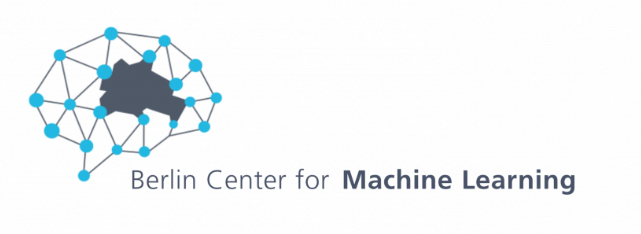New Cooperation with Berlin Center for Machine Learning
Executive Director Jürgen Renn and Senior Research Scholar Matteo Valleriani have been awarded project funding within the new Berlin Center for Machine Learning (BZML).
Jürgen Renn's project (AP18) "Die Wege der Exoplanetenforschung" ("Pathways of Exoplanet Research") will utilize machine learning techniques to comprehensively document and algorithmically analyze open access research data, in order to produce an open access live machine model of exoplanet research.
Matteo Valleriani's project (AP19) "Bilder und Konfigurationen in corpora von Universitätstextbüchern" ("Images and Configurations in Corpora of University Textbooks") will analyze cosmology textbooks used at European universities between the 15th and 17th centuries (now available through the Sphaera database) to reconstruct how shared science was transformed during this time. Machine-readable texts will be created from the available digitized texts to enable deep access to the large volumes of historical sources. Various analytical approaches towards the structure and layout of texts, images, and diagrams will enable their further analysis.
About the Berlin Center for Machine Learning 
Machine Learning (ML) is becoming increasingly widespread in the sciences, especially in interdisciplinary research. Due to its great scientific and technological importance, a number of publicly funded large-scale projects and centers worldwide are creating the basis for new ML processes for development in science and industry. Funded by the Bundesministerium für Bildung und Forschung (BMBF) with a total of €30 million for a period of four to seven years, the BZML aims to bundle the synergy effects of Berlin's extraordinarily rich scientific landscape and almost 25 years of internationally-groundbreaking basic research in the field of ML with the aim of:
- advancing the theoretical and algorithmic foundations of ML in an internationally competitive manner
- opening up new scientific and technical ML applications
- striving for simpler and improved usability of ML methods for industry and the sciences as a whole
- generating new research contributions by jointly exploring new interdisciplinary research fields in the sciences and medicine
The BZML will also implement structures to create open platforms for knowledge and technology exchange in ML, both for industry and science. Its methodological approach is based on the interaction between ML and applications in biomedicine, communication, and digital humanities.
